Gamal Abdel Nasser would surely afford himself a wry smile. Sixty-five years after the late Egyptian president nationalised the Suez Canal, prompting the 1956 invasion by the UK, France and Israel, the waterway continues to hold a vice-like grip on global commerce.
This week, a single ship — admittedly one almost as long as the Empire State Building is tall — caused ripple effects around the world when it blocked the southern entrance to the canal after running aground.
Crude oil prices have jumped, tankers and container ships are backed up and suppliers of everything from oil to televisions are contemplating sending their cargo around the Cape of Good Hope, potentially adding a week to shipping times, as well as significant extra costs. On Friday, rescuers were still desperately trying to dislodge the 220,000-tonne Ever Given, but warned it might take weeks to budge.
A century and a half after the canal was finished in 1869, more than 10 per cent of global seaborne trade and a similar amount of crude oil passes through the 120-mile waterway, which links a rising Asia with a wealthy Europe.
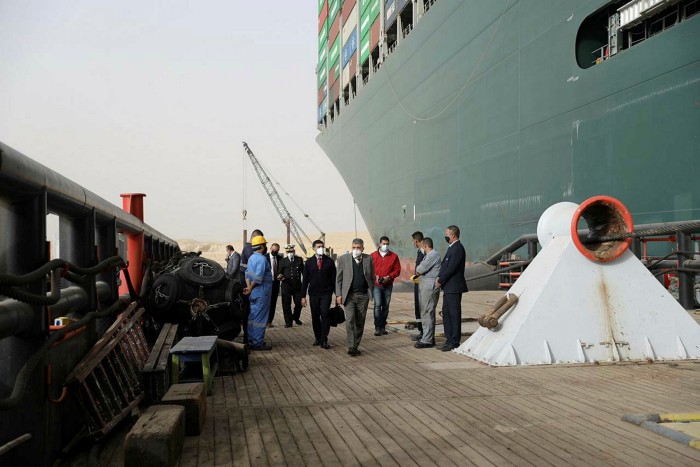
The Suez accident, which is holding up an estimated $9.6bn of goods a day according to Lloyd’s List, has drawn attention to the inherent fragility of tightly stretched global supply chains at the very moment when they are already being buffeted by a pandemic and in an era when the philosophical underpinnings of global trade are being challenged.
The strains created by Covid-19, with its initial shortages of personal protective equipment and its continued ugly scramble for limited vaccine supplies, have exposed problems in the global trading system. Those difficulties could plausibly push governments and businesses alike to rethink a just-in-time supply-chain model that has arguably wrung efficiencies from the system at the cost of resilience.
“The industry’s supply chain is several miles long, but only an eighth of an inch deep,” says Ted Mabley, a supply chain consultant at PolarixPartner in Detroit.
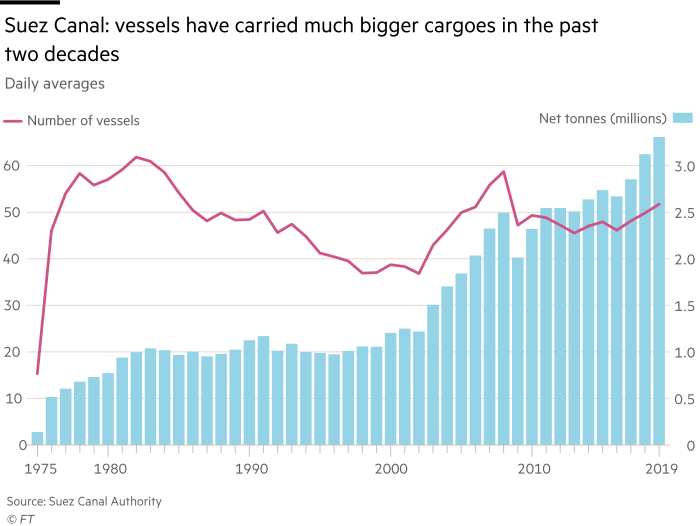
‘No capacity left’
Given the widespread fears a year ago about shortages, the global trading system has in many ways held up remarkably well during the pandemic. “If you really look at what is happening objectively, you will see that supply chains have been pretty resilient,” says Ngozi Okonjo-Iweala, director-general of the World Trade Organization.
That is partly, as Adam Tooze, professor of history at Columbia University, points out, thanks to an army of 1.6m seafarers, many of whom “ended up cooped up at sea for months on end”.
It is also thanks to the delivery models honed by companies such as Amazon and Alibaba and by a complex network of shipping, haulage and logistics companies. Throughout the pandemic, consumers in wealthy countries have found their supermarkets stocked, their petrol stations open and their doorbells buzzing for online deliveries.
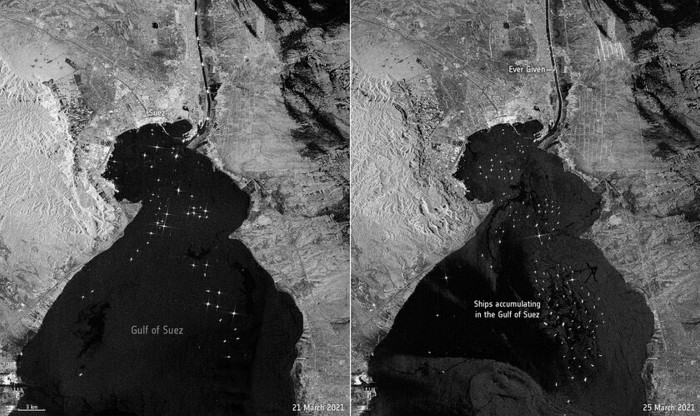
Yet there are strains everywhere. The blockage in the Suez Canal follows a cascade of events that have jeopardised the smooth running of global trade. Just five days before the Ever Given ran aground, a fire at the Renesas Electronics chip factory in northern Japan threatened further disruption to a semiconductor industry already reeling from shortages.
The shutdown, which is expected to last at least a month, came after rival NXP and Germany’s Infineon were forced to shut their chip manufacturing factories in Austin, Texas, for a month following massive blackouts in the US state caused by an Arctic blast. They had only recently reopened.
The same freeze also knocked out four-fifths of Texas’ petrochemical production, affecting supplies of polyethylene, polypropylene and polyvinyl chloride, three of the most important polymers. That in turn hit carmakers, wreaking havoc on supplies of airbags and other components.
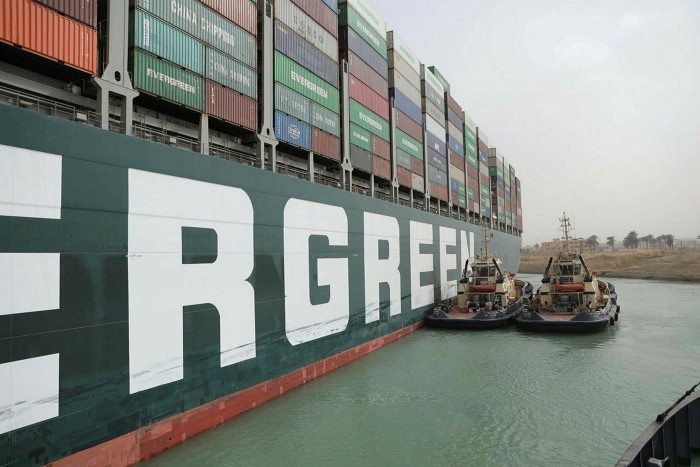
“Unfortunately, the fire occurred at a time when there is no capacity left across the entire industry,” says Hidetoshi Shibata, chief executive of Renesas, speaking of an accident that revived memories of Japan’s 2011 earthquake and tsunami. Then, loss of production at the previously obscure plant brought car factories juddering to a halt as far afield as the US. This time round, Shibata warns of another potential “massive impact” on global chip supplies.
The pandemic itself was already exposing vulnerabilities in global supply chains. Container shipping rates have more than tripled as companies that control shipping lines took out capacity in expectation of falling demand. Now it costs about $4,000 to ship a 40-ft container between east Asia and the US west coast, up from $1,500 at the start of 2020.
“Our supply chain is based on predictable scenarios,” says Ashwani Gupta, Nissan’s chief operating officer. “What we had not anticipated is the extreme scenario with an unprecedented crisis like Covid-19 and the unique challenges it is throwing at us.”
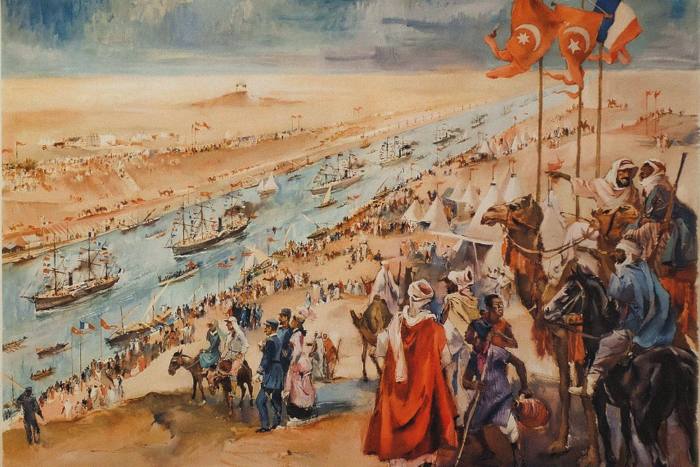
As if all of this were not enough, political pressures are pushing against globalisation and the long and winding supply chains that underpin it.
Ngaire Woods, professor of global economic governance at Oxford university, says “global supply chains are facing three different pressures that are worth thinking about”. One is the push, most strongly articulated by former US president Donald Trump, to bring jobs home.
The second, exposed by Covid-19, is the strategic reliance on other countries for medical equipment and more broadly for basic goods and key military and civilian technologies. “This is more about national resilience: ‘We need to make sure we can produce our own food, our own PPE, our own vaccines etc.’ It’s a kind of security argument that I think is not just a purely nationalistic argument,” says Woods.
The third is the demand, led by institutional investors and consumers, for businesses to get a better grip over their supply chains, imposing extra costs as companies are cajoled into policing carbon emissions or labour practices in far-flung suppliers.
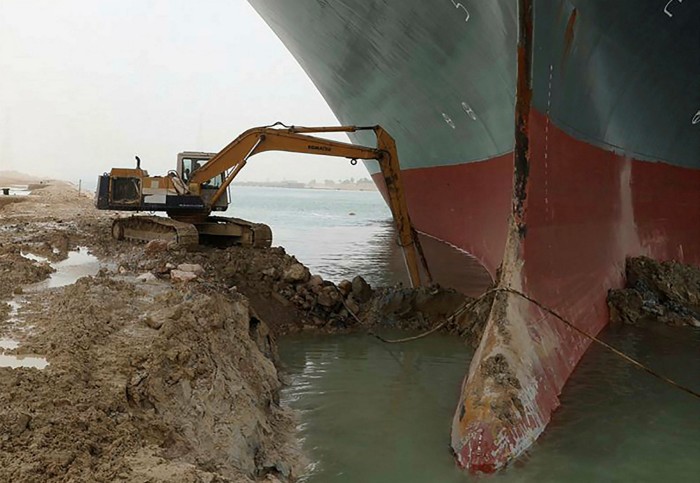
Resilience and expansion
And yet, despite these pressures, the truth about global trade — and globalisation — is that its death has been repeatedly exaggerated.
“Some people are saying we are going from globalisation to ‘slowbalisation’,” says Okonjo-Iweala. “But I don’t really think so. What I think is that we’re going through a period of reorganising globalisation.”
In the 1990s and early 200s, global commerce was growing at twice the rate of output because big economies such as China, India and in eastern Europe were being integrated into the global economy. Now they have been more or less absorbed, it is only natural that things slow down, but this does not mean we have reached the high watermark, says Okonjo-Iweala.
“I think we should look at the fact that there are certain regions of the world that have not really been integrated. Africa accounts for just 2-3 per cent of global trade. So there’s plenty of scope for integration of African and other poor countries into the system,” she says.
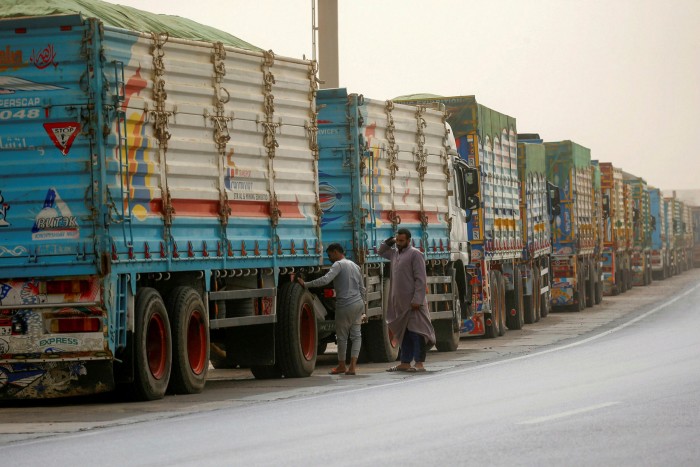
Parag Khanna, founder and managing partner of FutureMap, a strategic advisory firm, argues that far from being exposed as fragile, global supply chains have repeatedly shown their ability to respond to temporary disruptions and structural shifts.
He cites the energy industry as evidence that supply chains are now more, not less, robust. When, in 1990, Saddam Hussein invaded Kuwait, oil prices more than doubled in two months. Today that wouldn’t happen, he says, “because supply has expanded, supply is global, there’s a connectivity between markets, different kinds of oil terminals and refineries and the flexibility of refineries to handle different categories of oil”.
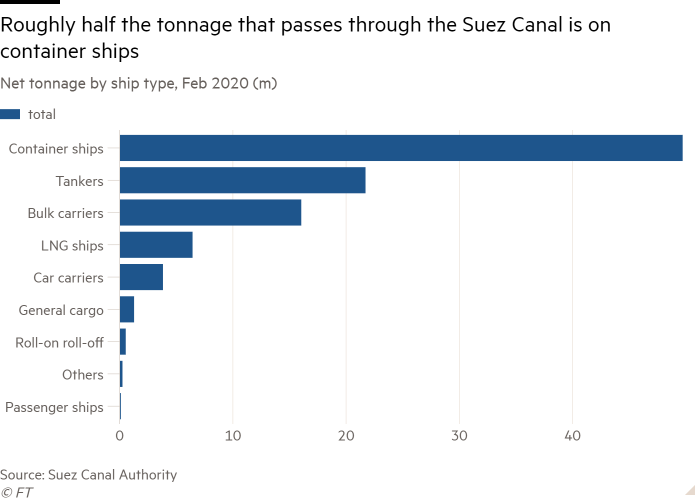
The internet may be the ultimate example of what he calls “a workaround”, allowing millions of people who would previously have had to travel to meet over digital networks.
When a crisis hits, manufacturers go to enormous lengths to salvage production. After a fire broke out in 2018 at a Michigan factory making truck parts for Ford’s F-150 pick-up, the carmaker sent a team to the smouldering plant to extract the tooling for the parts. The 19 machines, including one weighing 44 tonnes, were driven to Ohio and then flown on a Russian-built Antonov cargo jet to the UK where production restarted. The whole operation took 30 hours.
It is difficult for consumers to appreciate the complexity of the networks that bring goods to their shops or doorsteps. “I’m not sure end users care about the details except when they don’t work,” says John Butler, president of the World Shipping Council.
Khanna says these intricacies mean that brash political talk about reshoring operations is naive. “Even the supply chain has a supply chain,” he says.
A dose of the BioNTech/Pfizer vaccine, for example, requires 280 components from multiple countries, according to the company. The idea of moving from what Okonjo-Iweala calls “just in time to just in case to just at home” is harder than it looks.
Still, says Marc Levinson, a historian who wrote The Box about the revolution in shipping brought about by container vessels, some fine tuning may be in order. “In terms of reliability of the value chain, I point to the need for resilience,” he says. “I think of this as buying an insurance policy.”
Such questions may be far from the minds of Dutch and Japanese rescue teams as they battle to dislodge the container ship now blocking one of the world’s most important commercial arteries.
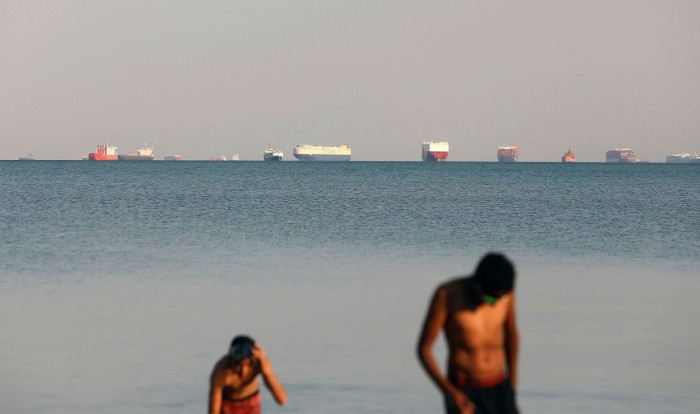
Captain Karan Vir Bhatia, currently in Egypt awaiting a coronavirus test result and transfer home to India, understands as well as anyone the stresses involved in handling the enormous vessels now riding the seas. Last year, he bumped his tanker into a lock on the Panama Canal, another trading chokepoint. Although that didn’t cause an international incident, Bhatia had to stay awake for 36 hours. “It’s a stressful job for the captain and crew,” he says. “It’s not a car, it’s a 230-metre floating island.”
Because of Covid-related border restrictions, Bhatia has been stuck on board his ship for 10 months, one of an estimated 400,000 seafarers stranded at sea beyond their contracts last summer. Half of that number remains adrift at sea today.
“On the shore side,” he says, referring to the billions of landlubber consumers with little idea about the global shipping trade and how their favourite goods reach them, “people don’t understand anything about this shadow sector”.
https://news.google.com/__i/rss/rd/articles/CBMiP2h0dHBzOi8vd3d3LmZ0LmNvbS9jb250ZW50Lzg3Y2I0Njc0LTZkYjctNDFjZi1hODJlLTQ0YjgzZWFhNDM2Y9IBAA?oc=5
2021-03-26 19:27:45Z
52781457758414
Tidak ada komentar:
Posting Komentar